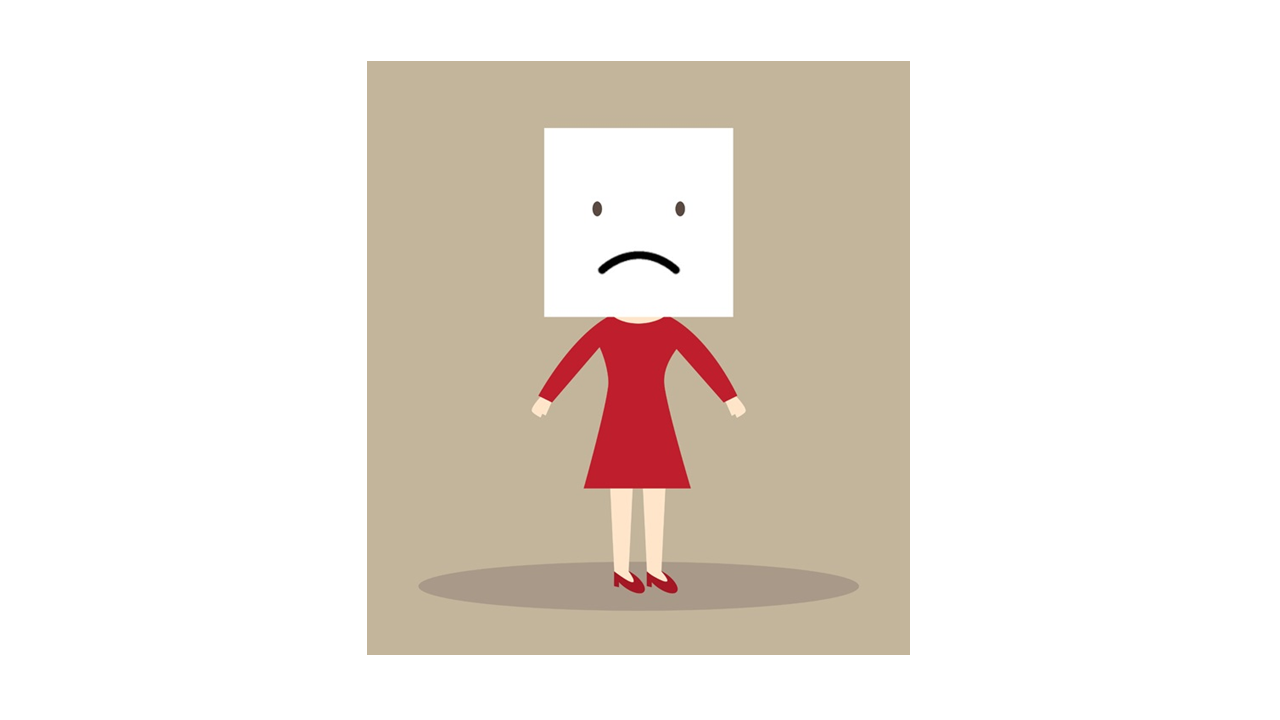
There are many research papers on the emotions and behaviours that drive speaking out and subsequent coverage for possible consequences. Alongside there is ongoing research on what renders individuals’ silent bystanders. Greenberg, J. and Edwards, M. (Ed.), Voice and Silence in Organizations Bingley)
However this is not the whole story.
In this blog I would like to pose as the regret manipulator to make the consequences of possible future outcomes for remaining silent more salient.
Social psychology research highlights the link between Moral emotions and Moral Behaviour. Living a moral, constructive life is defined by a weighted sum of countless individual, morally relevant behaviours enacted day in and day out. As imperfect human beings, our behaviour does not always bear a one-to-one correspondence to our moral standards. We all like to see ourselves as moral, ‘good’ people but our judgements and actions are strongly influenced by systemic and social pressures. Additionally, when the stress hormones cortisol and adrenaline are pumping through our veins it takes emotional courage to act in spite of our fears.
As with the link between intentions and behaviours in general, the link between moral intentions and moral behaviours is likewise an important issue. Field theory highlights the variability of individual behaviour as a function of situational context (Lewin 1943), interpersonal negotiation undermining the link between intention and behaviour (DeVisser & Smith 2004) and diffusion of responsibility undermining an individuals’ ability to act on deeply held values and beliefs (see, e.g., Latane & Darley 1968).
Haidt (2003) defines moral emotions as those “that are linked to the interests or welfare either of society as a whole or at least of persons other than the judge or agent” (p. 276). Furthermore, moral emotions provide the motivational force—the power and energy— to do good and to avoid doing bad (Kroll & Egan 2004). However, not acting on our moral emotions has an effect on us as much as taking action does, albeit with different outcomes. Negatively valenced self-conscious moral emotions (shame, embarrassment, regret, guilt) can exert a strong influence on moral choice and behaviour by providing critical feedback regarding both anticipated behaviour (feedback in the form of anticipatory shame, guilt, embarrassment or regret) and actual behaviour (feedback in the form of consequential shame, guilt, embarrassment or regret).
Although embarrassment is identified as one of the negatively valenced “self-conscious” emotions the consequential feedback when people feel embarrassed is less to do with issues of morality than when feeling shame, regret or guilt. (Tangney et al. 1996a). The Moral emotions of shame, regret and guilt act as our emotional barometers and as the self reflects upon the self, these self-conscious emotions provide immediate punishment (or reinforcement) of behaviours or non-behaviours.

Most types of events (e.g., lying, cheating, stealing, failing to help another, disobeying parents) are cited by people in connection with feelings of shame, regret or guilt. But the emotion of shame is more closely tied to violations of the ethics of community (e.g., violations of the social order, not speaking out) and divinity (e.g., actions that remind us of our animal nature). Research from Lewis (1971) suggests that shame involves a negative evaluation of the global self.
Whilst shame involves a focus on the self, guilt relates to a specific behaviour. It is no surprise therefore that individuals who share their stories with me do so privately, as a person who is focusing on negative self-evaluations would naturally be drawn to a concern over others’ evaluations of them. This egocentric focus on the “bad self” (versus bad behaviour) derails the empathetic process as the throes of shame are turned inward with the individual less able to employ cognitive and emotional resources on empathy. Feeling unable to externalise blame they often suffer low self-esteem, anxiety and depression. Physiological research has linked the shame experience with elevated levels of pro inflammatory cytokine and cortisol (Dickerson et al. 2004a).

Vicarious or “collective” shame and regret
Over the eleven years of my fight for justice I felt further betrayed by the individuals who were part of my executive team, those who knew what I knew but remained silent. Who furthermore, lied under oath, expressing ignorance about corrupt matters. My dismay was heightened when, during the trial itself, those same individuals appeared conflicted in their behaviour towards me – approachable and friendly but distant and aloof. Vicarious shame is more than likely, where their interpersonal dependence with the perpetrators was salient, added to which their relational-based concerns were being highlighted by the court cases’ appropriate focus on the harm to stakeholders, society and me, the whistleblower.
As with personal shame experiences, vicarious group-based shame has been linked to a desire to distance oneself from the shame-eliciting event (Johns et al. 2005, Lickel et al. 2005). There is compelling evidence too that group-based shame is most likely elicited when a threatened shared identity is salient—that is, when concerns about maintaining a positive group identity arise (Lickel et al. 2004, 2005).
Regret-Aversive Behaviours
My experiences lead me to suggest that people are regret and shame averse. Living with the sticky emotional residue of shame and regret is unpleasant, resulting in biased behaviour towards making regret-minimising choices in future. This motivation to make such choices is to shield themselves from threatening feedback on forgone courses of action.
FRAMING THE EVENT: The bias towards regret avoidance can lead to ‘event splitting’, applying an increased weighting of consequences by considering and splitting a single event into two sub events. (Starmer and Sugden, 1993).
SHORT TERM VS LONG TERM: Decision makers have a tendency to discount outcomes that are distant in time and base their decisions on outcomes that are more proximal (e.g. Loewenstein, 1992; Roelofsma, 1996).
OUTCOMES: The more important an outcome is, the more likely it is that the decision maker engages in the anticipation of regret, because more important decisions will result in more intense regret when things go awry. (Janis and Mann). This would be the case when the outcomes are important socially and also when outcomes are `objectively’ more important (e.g. when the stakes are higher).
IRREVERSIBLE DECISIONS: The most painful experience of regret is when a decision is irreversible. We would like to believe that all decisions, in principle are reversible, however in practice there are many too difficult to reverse because of group and social/political pressure and forces.
BETTER SAFE THAN SORRY? Because regret is an emotion that stems from the comparison of outcomes, when opting for an anticipated ‘safer’ choice there is a risk of learning that the riskier option turned out to be better, and therefore suffer long term shame regret.
REFLECTIVE THOUGHT: Janis and Mann, 1977 maintain that the anticipation of regret induces us to make more `rational’ choices; that is, anticipated regret causes people to think more elaborately and reflectively before making a final decision.
WHAT CAN WE DO?
- Bring possible future regret to the attention of the decision maker at the time the decision is made.
- Allow for failure – experimental and correlational methods show that internal, stable, uncontrollable attributions for failure are positively related to shame.
- Reduce ambiguity in the responsibility of roles within given contexts.
- Re evaluate the relative importance of cognitive and emotional factors in the domains of morality.
- Re think “organisational wellness,” as “wellness in organizations.”
- Build the resolve to do better in the future.
- Train for Courageous Conversations to speak out about and to immoral behaviour. Most of us know “what” to do but not “how” to in a challenging situation. If we learn and practice with some level of stress in a ‘social flight simulation we, like pilots, create the muscle memory to act in the way that we’ve practiced when the real situation arises. Stress then becomes a cue for mindful, courageous action rather than avoidance and the longer term pain of shame and regret.
Personally, I am glad I did battle with fear so as to avoid living with the sticky residue of shame and regret. |











Leave A Comment